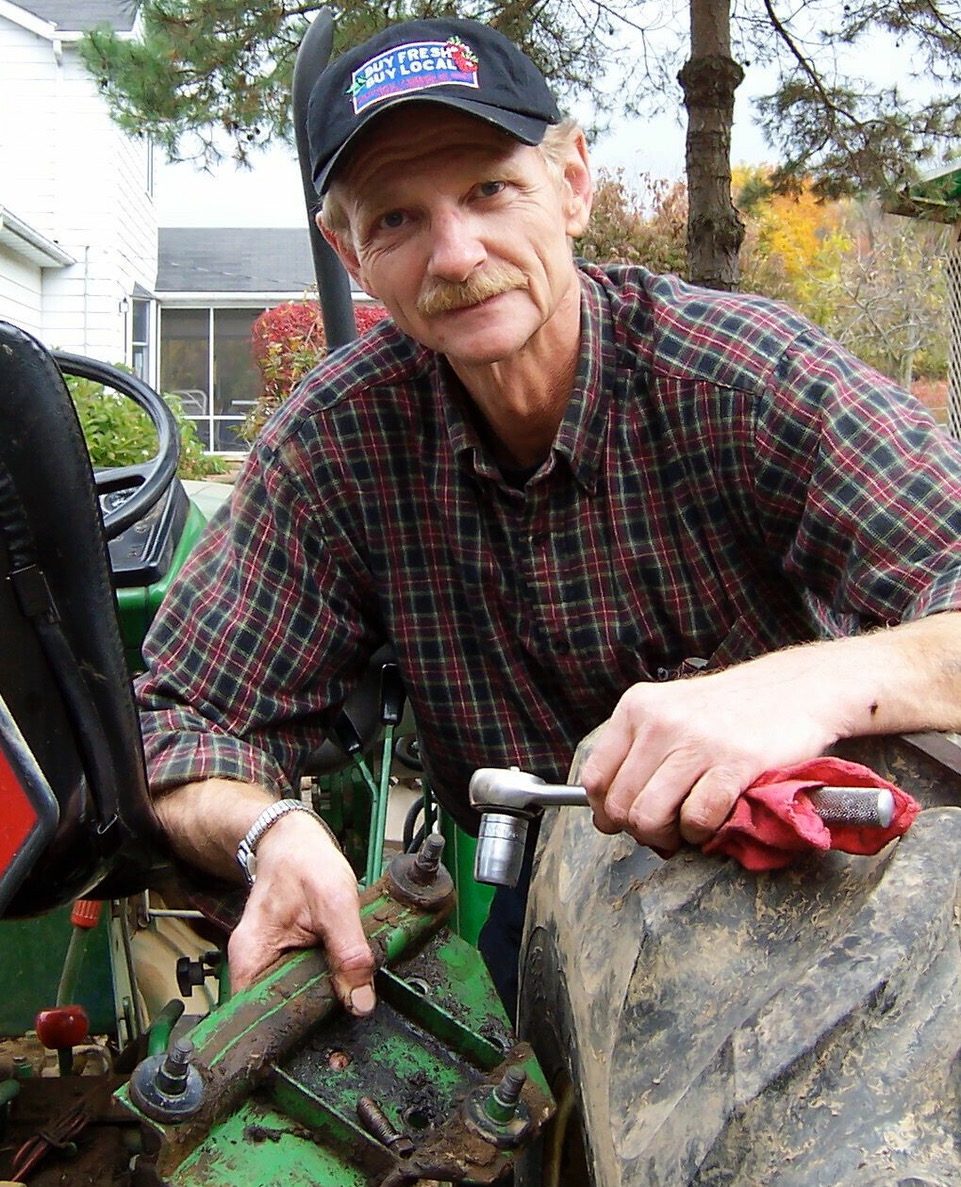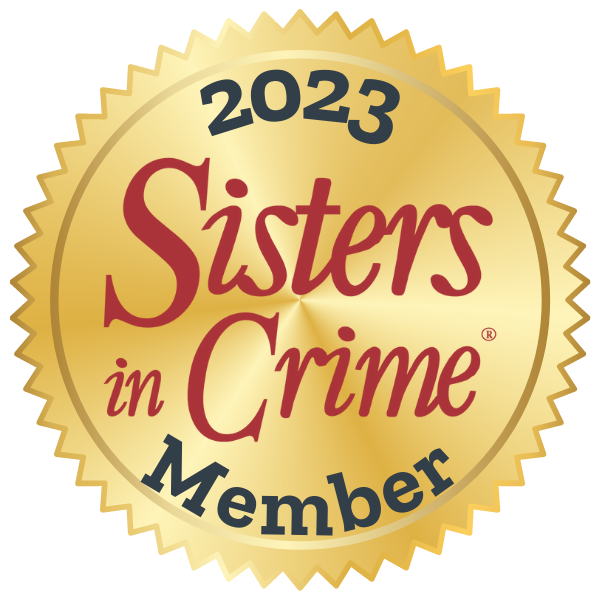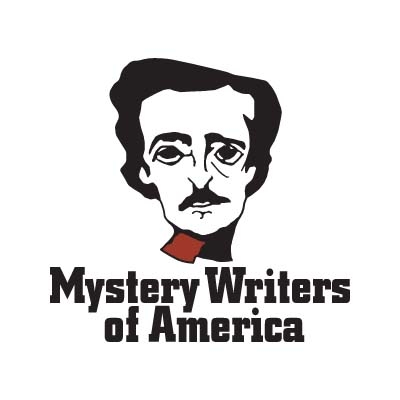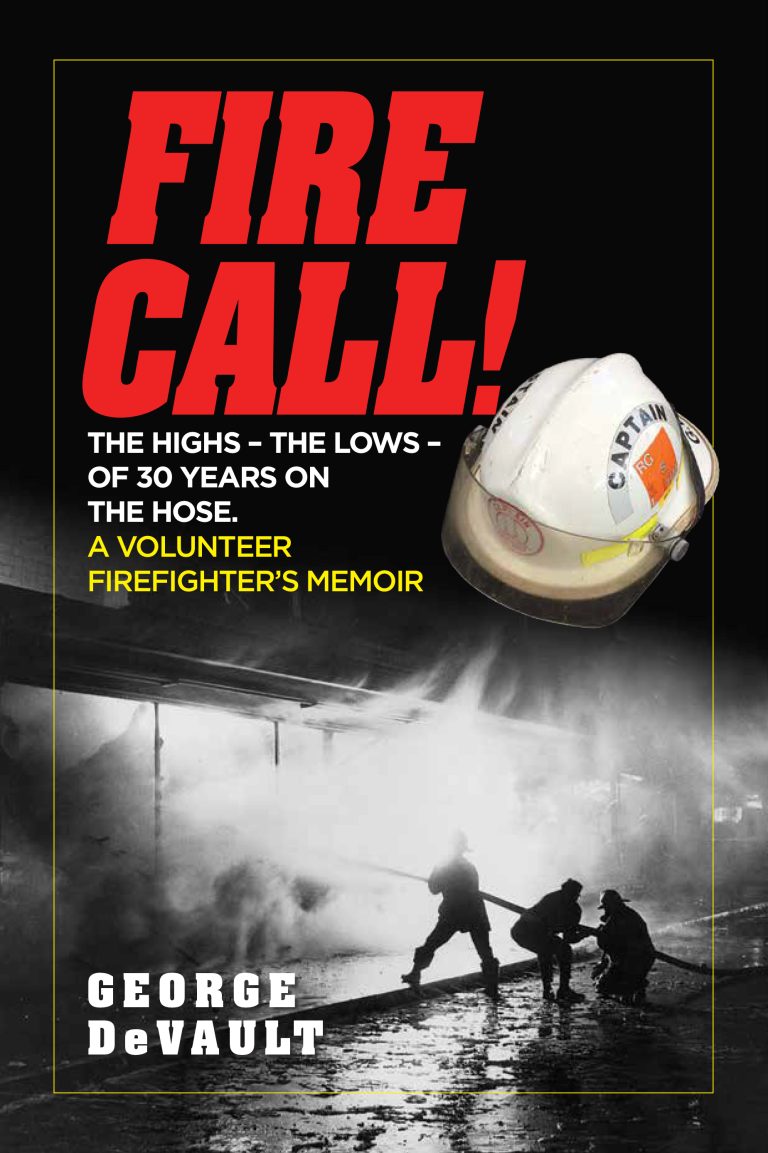Bio
 From the cop shop to the Kremlin …
From the cop shop to the Kremlin …
Veteran journalist George DeVault has been there. Blame it on a Photography merit badge in Boy Scouts. A spunky, 14-year-old kid with a camera and a darkroom under his parents’ basement stairs, George started as a stringer for his hometown newspaper, the Delaware Gazette, in Delaware, Ohio. The paper paid two whole dollars — for every photo it published. Despite hours of work, sometimes the paper didn’t run any of his photos. But George stuck with it.
The Gazette finally hired him — $1.60 an hour — as a breaking news photographer and darkroom drudge. As a favor for the cops, George photographed a murder scene — the murder weapon, the body, blood-soaked bed — at age fifteen. His mom waited outside in the car.
His next big assignment was better. A week-long trip to Atlantic City to cover the 1966 Miss America Pageant. Miss Ohio, Sharon Phillian, was from Delaware. She invited the Buckeye Valley High School marching band as her escort.
The Gazette sent George to cover the band’s historic appearance. The band gave George a varsity letter — something his own high school’s basketball coach promised, but never delivered. Any bets on how long that character lives in a future novel?
The summer after high school graduation, he moved to the Columbus Evening Dispatch. George and his cameras were soon in the middle of a race riot.
A year at Ohio University ended when the Ohio National Guard ran everyone off campus at gunpoint. The Dispatch put George behind a typewriter, then behind the bars. His stint in the notorious Ohio Penitentiary covering a prison reform seminar in 1973 was the inspiration for his novel, Murder in the Buckeye Bastille. Yes, Dame Agatha Christie helped, too.
A newsroom romance blossomed at the scene of a shooting. George was showing rookie reporter Melanie Menrath the ropes around the cop shop. A fresh Ohio State University J-school grad, she shattered the glass ceiling as the first woman assigned to breaking news on the night city desk instead of the Society Department.
Changes in latitude …
The couple said good-bye to Columbus in 1976 and moved to South Florida. They wound up working on competing morning newspapers, George at the Ft. Lauderdale Sun-Sentinel (the word Fort is always abbreviated for obvious reasons), and Mel at the Miami Herald.
That produced some interesting conversations at home.
“What did you do at work today, honey?”
“Buy a paper tomorrow and find out?”
South Florida was a newspaper reporter’s paradise. Every other government official was corrupt or incompetent, or both, or so it seemed at times. Cocaine cowboys had running gun battles in the streets. The soundtrack was Jimmy Buffett, Bob Marley, Warren Zevon and Glenn “Smuggler’s Blues” Fry. Enter Carl “Sick Puppy” Hiaasen, Dave Barry and “Miami Vice.”
But it was Florida’s farming industry — bigger than the Sunshine State’s tourism industry — that George wrote about most. Florida and Mexico were (still are) at war. Prices for Mexican winter vegetables were so low that many South Florida farmers couldn’t afford to harvest their crops. They left tomatoes in the fields to rot, then sued Mexico in federal court.
Faced with American hostages in Iran and another oil crisis, the Carter Administration lusted after Mexico’s vast, new-found oil reserves. U.S. Secretary of Agriculture Bob Bergland “joked” that we should pension off South Florida growers at $50,000 a year. George got the scoop. Other Florida papers never caught up with him.
“Join our conspiracy …”
When George saw that headline in Editor & Publisher, he sent a note to Bob Rodale in Pennsylvania, chairman of Rodale Press, which published Organic Gardening, Prevention and other magazines. Rodale’s “Cornucopia Project” was tackling problems like soaring food prices, disappearing, farmland increasing food imports. “Soon … our food system will cease to be a major source of America’s strength,” Rodale warned.
Before George could call Rodale, Rodale’s people called him. “Bob likes your writing voice,” they said. “We’re looking for an editor for our farm magazine. You interested?”
Out of the frying pan …
Next thing they knew, Melanie and George were heading North with two young children and the dog to start a new life in Emmaus, PA. George was editor of The New Farm, magazine of regenerative agriculture. Melanie went to work for the local daily, the Allentown Morning Call.
In South Florida everyone is from somewhere else. Not so in Pennsylvania-Dutch Country. Locals wore T-shirts saying, “If you ain’t Dutch, you ain’t much.” They meant it, too.
As “auslanders,” it was tough to meet new people, make new friends.
Randall Murray, Melanie’s editor, was a volunteer firefighter. He had the answer. “We’re always looking for volunteers. Why don’t you come to fire practice Tuesday night?”
Why not? You can read what happened next in “Fire Call!”
Days of perestroika and glasnost …
 As the Iron Curtain fell and hopes for democracy in Russia soared, Rodale formed one of the first Soviet-American joint ventures to publish an organic farming magazine in the USSR. But before the magazine launch, Bob Rodale died in a traffic accident in Moscow in 1990. George transferred to the Russian front.
As the Iron Curtain fell and hopes for democracy in Russia soared, Rodale formed one of the first Soviet-American joint ventures to publish an organic farming magazine in the USSR. But before the magazine launch, Bob Rodale died in a traffic accident in Moscow in 1990. George transferred to the Russian front.
He commuted to Moscow, suffered perpetual jet lag. In ’93, George, Melanie and their two teenagers left their little farm in Pennsylvania for a Russian apartment a twenty minute walk from the Kremlin. They were just in time for the bloody revolt against President Yeltsin. It was George’s second coup.
The political winds changed, again. It was back to Pennsylvania, the farm, the firehaus and community activism — defeating a proposed mega-kennel uphill from a pristine trout stream, a sewer plan that would have bankrupted the neighborhood, and a gun-toting Tea Party candidate in the 2011 election for township supervisor.
Now in his seventies, George no longer crawls into burning buildings. He wrestles words instead of a fire hose. So you may read about any or all of the above in George’s forthcoming novels. As Nora Ephron once said, “Everything is copy.”
George is currently a member of these writing groups.


